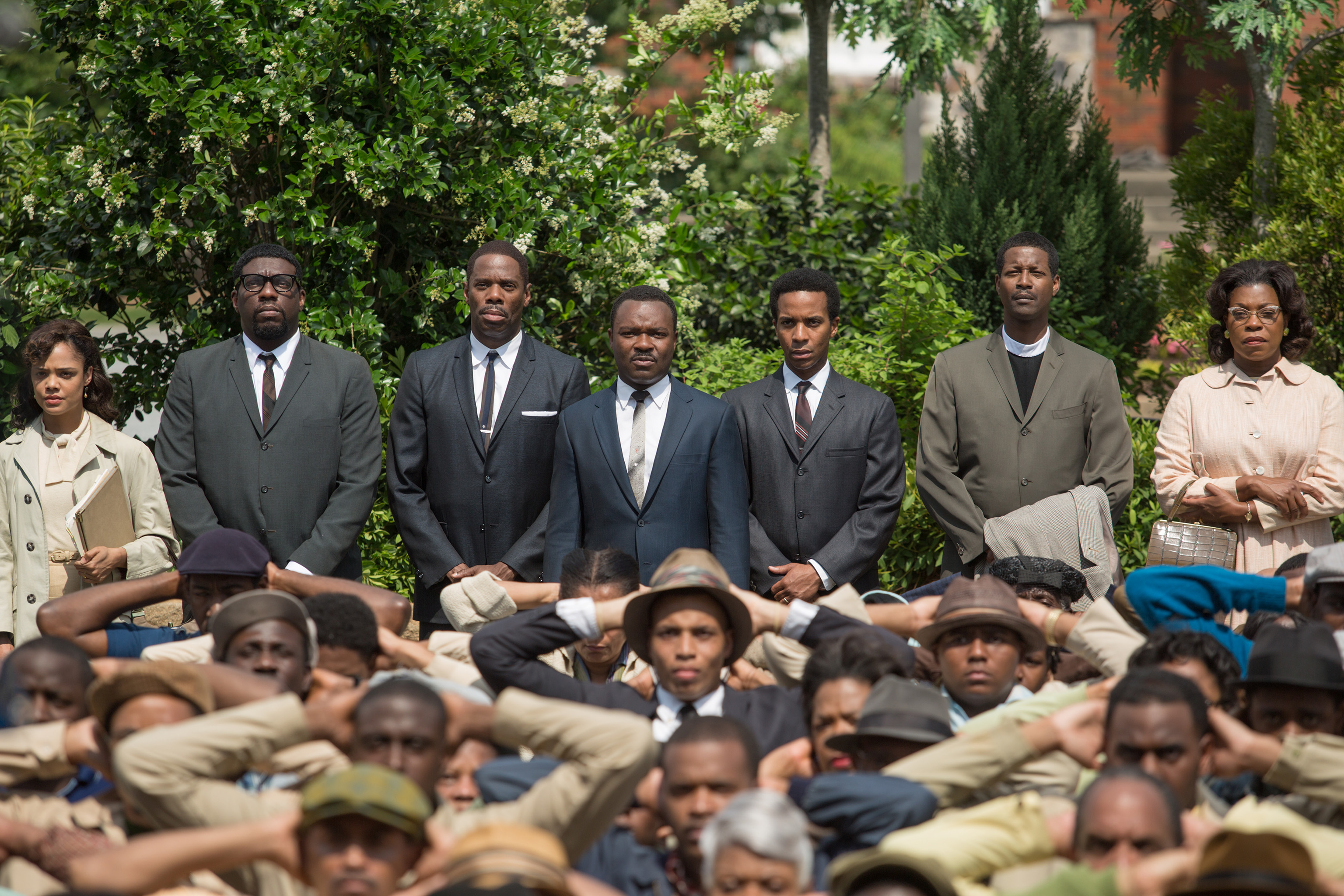 It’s common knowledge in the entertainment industry that the studios, both major and independent, release all of their most likely “award” movies towards the end of the year. This has more to do with marketing and campaigning than anything; nobody trusts academy voters to remember more than a few months back, and this way they can spam the trades with “For Your Consideration” ads to remind people of their great new movie.
It’s common knowledge in the entertainment industry that the studios, both major and independent, release all of their most likely “award” movies towards the end of the year. This has more to do with marketing and campaigning than anything; nobody trusts academy voters to remember more than a few months back, and this way they can spam the trades with “For Your Consideration” ads to remind people of their great new movie.
This means that you typically see two types of films release at the end of the year. The first is the kind of film that a studio or distributor found to be utterly compelling and unique, and figured might stand a chance as an award contender. This year, Birdman is a good example: something off-beat but interesting that they could push during award-season. On the other hand, you have the “important” film, the kind that doesn’t necessarily have to be good because its subject matter alone places it on a pedestal. These are often the tragic-then-inspiring biopics, or the topical message movies, or the historical event pieces.
On paper, Selma is the epitome of this “important” film stereotype. It’s about an important moment in the Civil Rights movement. The main character is Martin Luther King Jr. It’s depictions of police brutality against black citizens is topical. It’s produced by Oprah Winfrey and has a frequently nominated John Legend/Common song that name-drops Ferguson, Missouri.
And yet, despite all of these things being true, Selma manages to avoid being a stereotype. Perhaps it is lent some authenticity because the script incorporates a few shades of gray. Take, for instance, President Lyndon Johnson. Often considered something of a leader in the civil rights movement due to his voting rights legislation, Johnson is depicted here as a man whose primary motivation was to have as little trouble as possible. He doesn’t necessarily disagree with King’s position, but he does see King as a rabble rouser, and the film does not shy away from his decision to have J. Edgar Hoover dig up dirt on King.
Hoover’s recordings play an interesting part in the film, as well. While it is never the crux of the movie and little screentime is devoted to it, Selma acknowledges that Martin Luther King Jr. was cheating on his wife, and that the tape Hoover sent to King’s wife destroyed his marriage. The viewer gets to see various sides to the man, and David Oyelowo puts in a superb performance as both the public and private persona of such a famous figure.
Selma is also predictably strong on the technical side. Shots are framed well, camera movement is always well-implemented, and the editing is never distracting. It has a few stylistic flourishes, like on-screen text and a symbol to let the audience know when a conversation has been recorded. It handles the heavier moments well, too. The camera does not shy away from violence, but it never lingers long enough as to feel sadistic. Director Ava DuVernay is consistently successful at getting the point across in an efficient manner.
So you could call Selma Oscar-bait, and you wouldn’t be totally wrong. But simply dismissing it as such would be unfair. This is a very well-made film with a message that resonates even more powerfully given the troubling year that we just had. Sometimes we need insight into the past to realize how little things have changed.